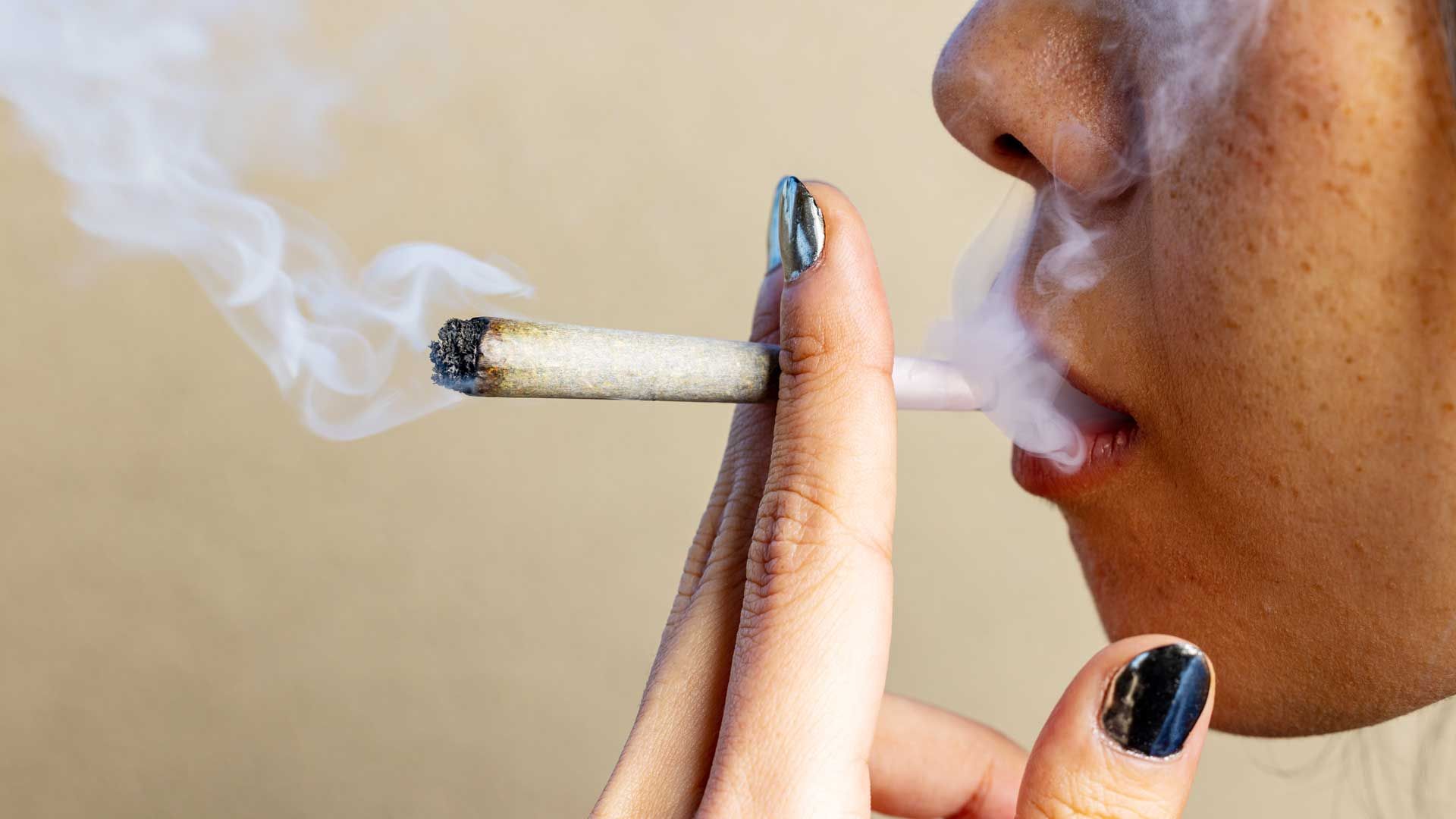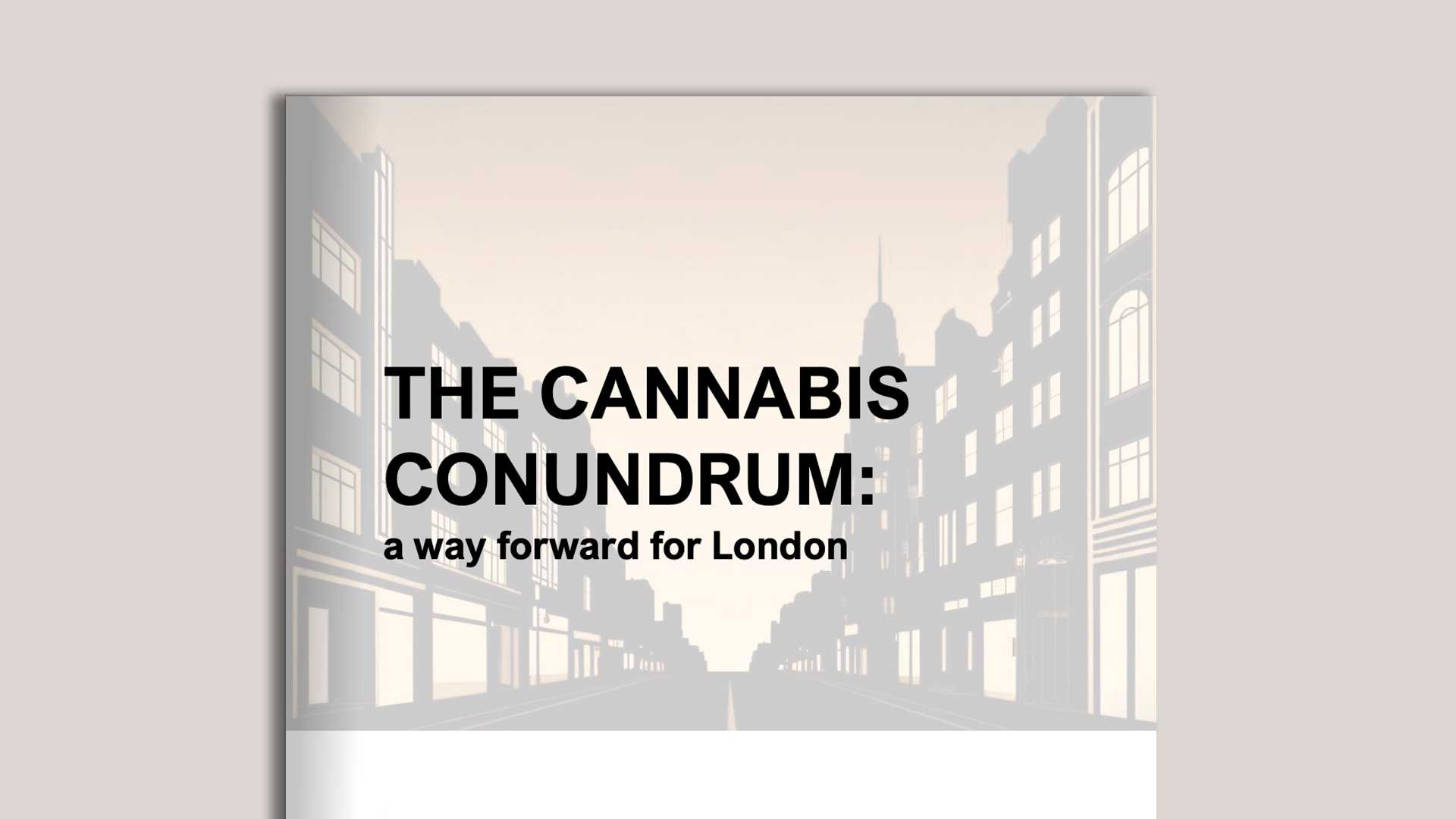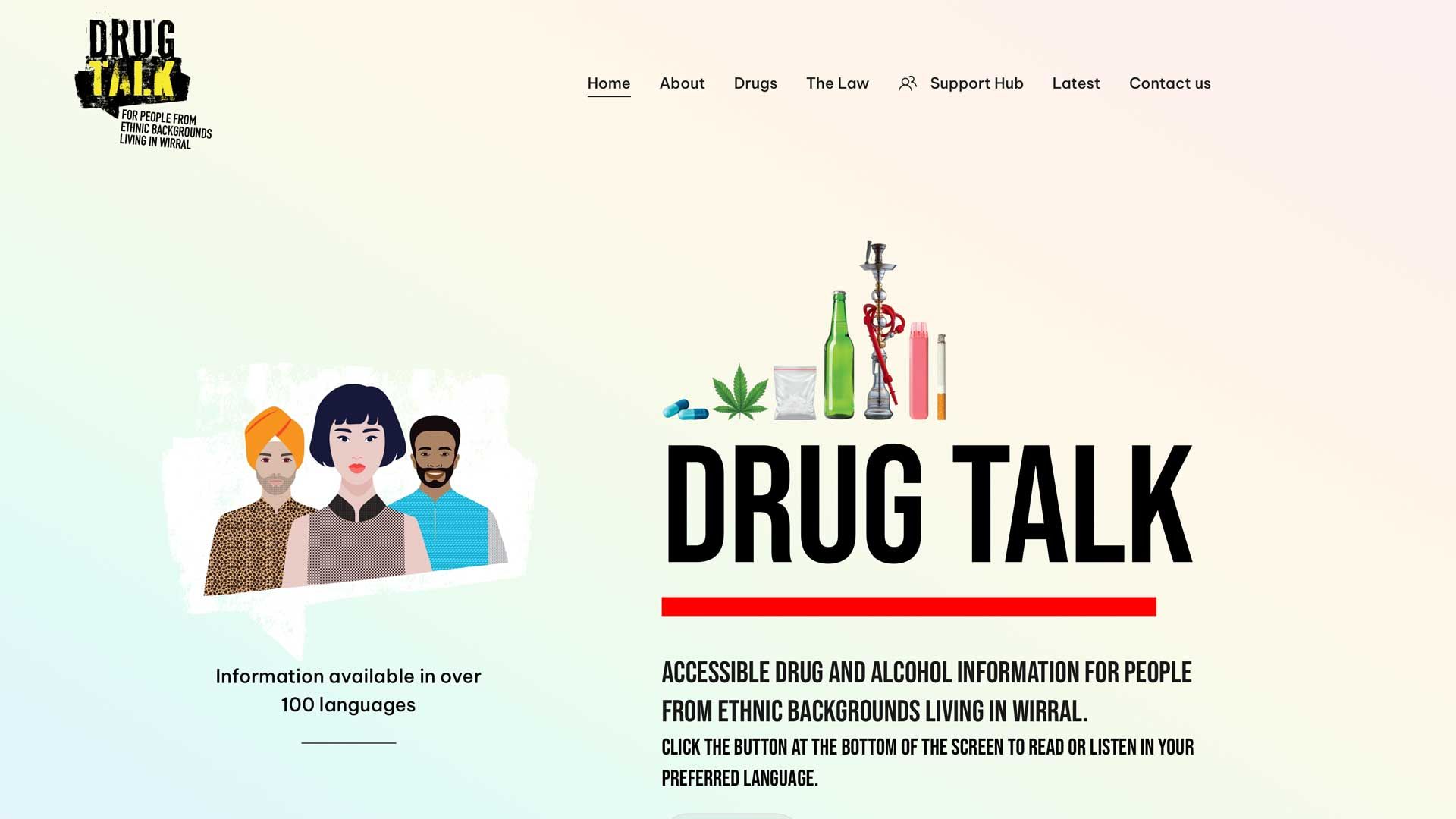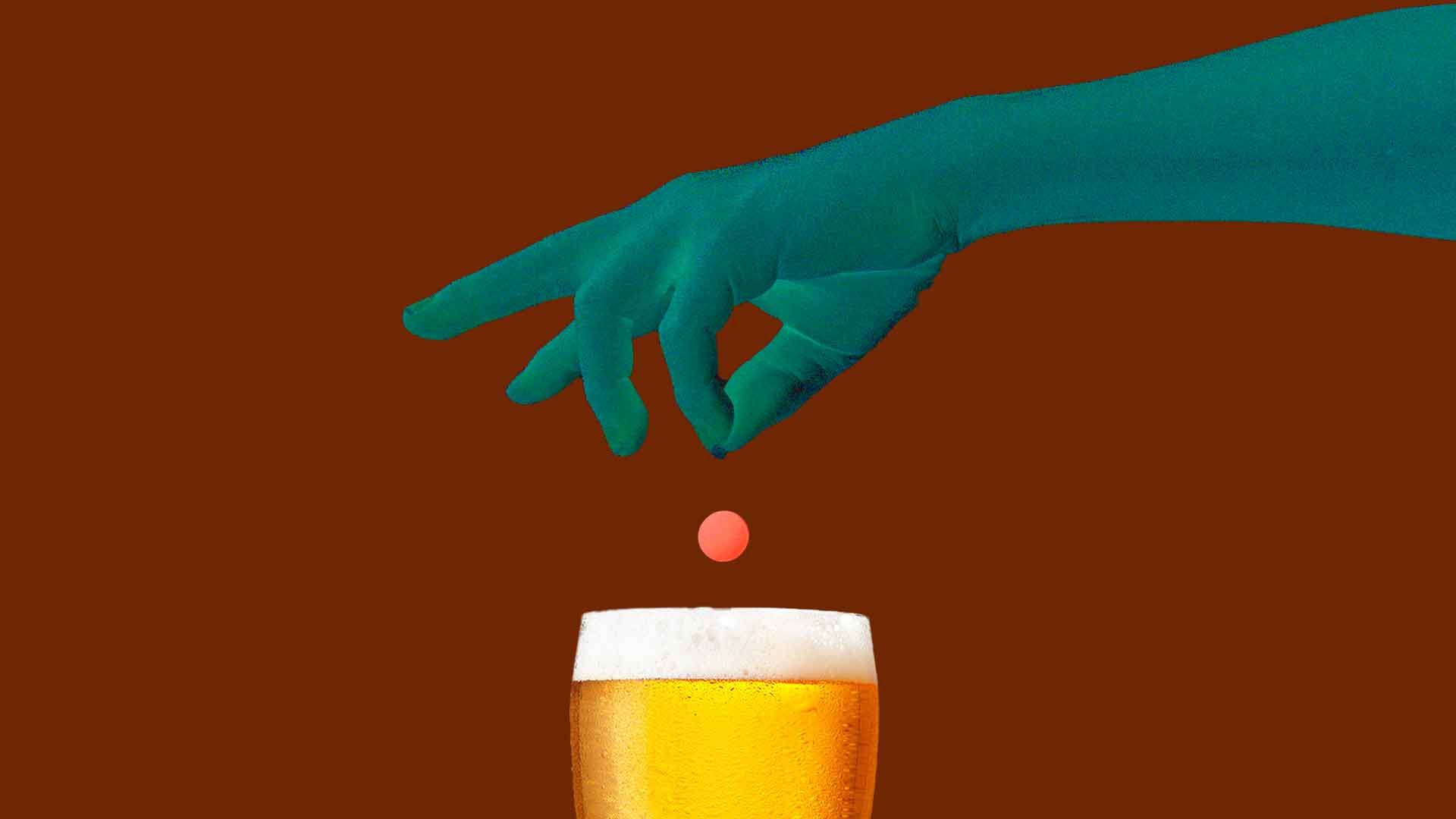Funding boost for providers of drug and alcohol treatment services
Drug and alcohol treatment and recovery services are set to improve dramatically following a funding boost – potentially saving up to 1,000 lives.

The government has set aside £421 million in extra funds for 151 local authorities to help them recruit more staff to work with people who have drug and alcohol problems and invest in the quality of their treatment services.
According to the government, the money will help create more than 50,000 high-quality treatment places and will support more people in residential rehabilitation or in-patient detoxification. A better recovery service will then sustain them outside treatment, helping to reduce the relapse rate.
The money is expected to help more prison leavers into treatment and recovery services too.
Tim Young, chief executive of The Alcohol & Drug Service (ADS), said: “We welcome today’s announcement as, without funding the ambitions set out in the National Drug Strategy would remain just words on a page. “So, whilst there are no quick or easy fixes for systemic problems such as substance misuse, this presents an opportunity to turn those ambitions into reality and, provide hope for individuals, families and communities.”
The funding is prioritised for areas with the highest need based on the rate of drug deaths, deprivation, opiate and crack cocaine prevalence, crime rates, and the size of the population likely to need treatment.
The improved service will be available for a wide range of substances, including powder cocaine, ecstasy, prescription drugs and cannabis. The latter, statistics show, is the most common substance that young people receive treatment for – at 87%.
Health Minister Neil O’Brien said: “This funding will help improve the quality and capacity of drug and alcohol recovery services right across the country, helping more people access the support they need, saving lives and benefitting communities.”
The move is part of the government’s drug strategy published in December 2021, in which it estimates that over the first three years of its implementation this additional funding will prevent nearly 1,000 drug-related deaths.
The money will be doled out across England and over two financial years, up to 2025.






















